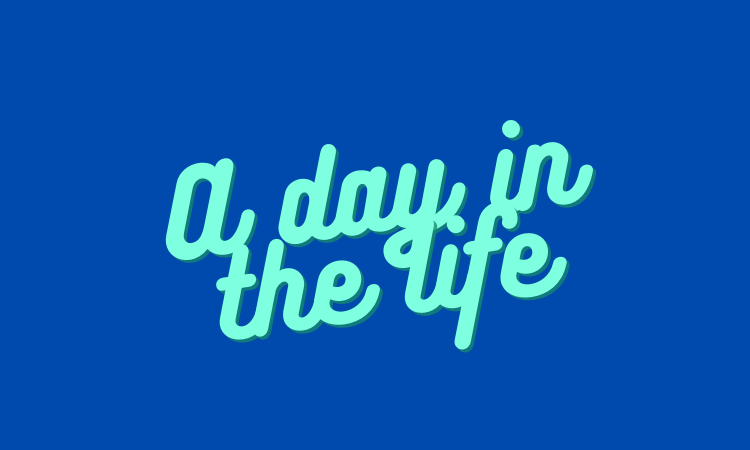Day in the Life, Member Exclusive
‘It’s a 24/7 kind of thing’: A day in the life of the Greenwood Project team
- The Greenwood Project is a nonprofit organization that aims to help Black and Latinx students pursue a career in finance.
- From interviewing candidates, to raising funds, to recruiting new students, here’s a day in the life of three of the people behind the Greenwood Project.








